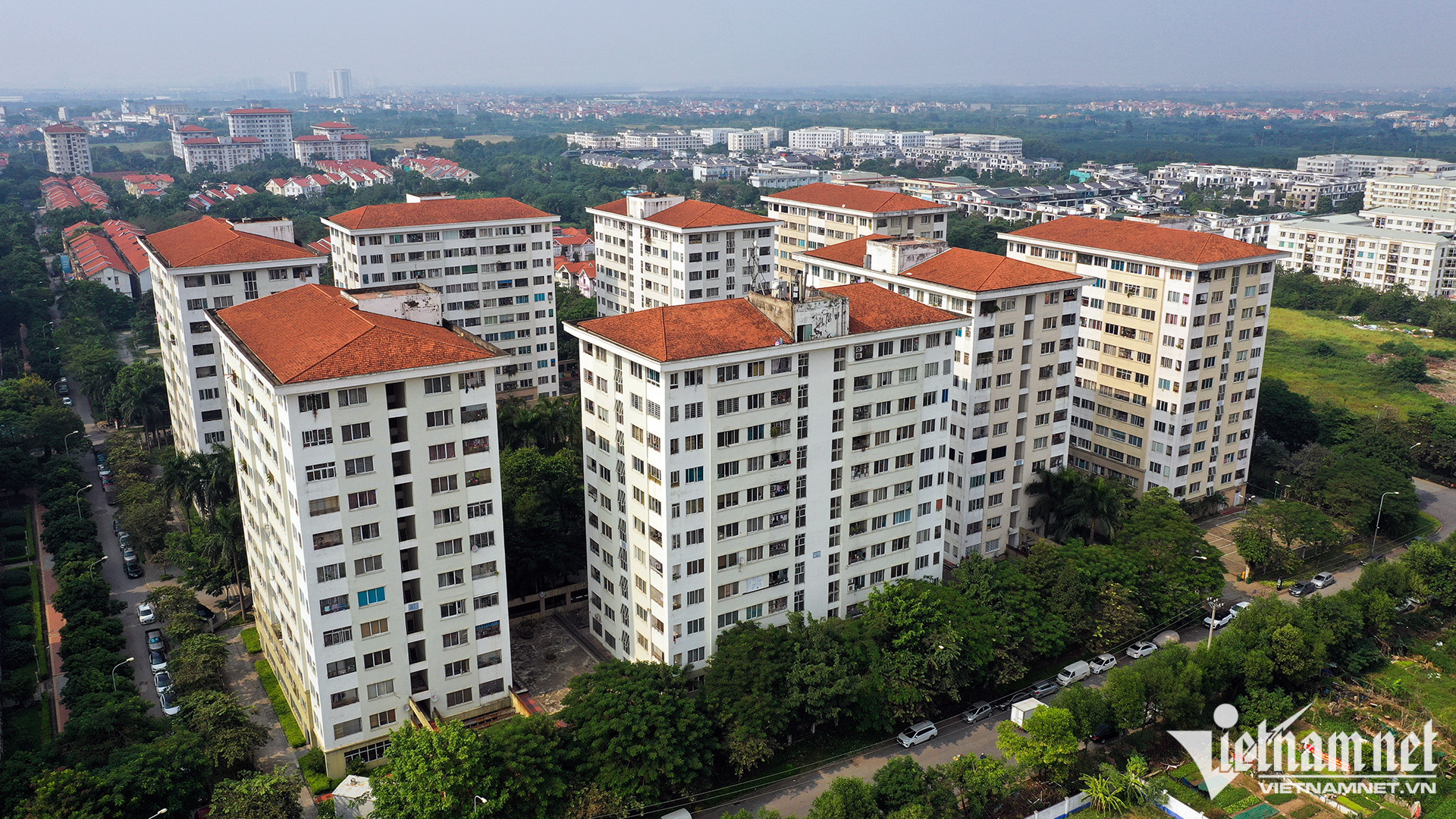
One hundred and eight social housing projects are expected to be completed this year, according to the Ministry of Construction (MOC). The projects would provide 47,500 social housing products.
Hanoi has registered to complete three projects with nearly 1,200 apartments, while HCM City has committed to complete six projects with 3,800 apartments.
Three localities leading in the number of projects to be completed this year include Bac Ninh, Binh Duong and Hai Phong. Bac Ninh plans to complete five projects (6,000 apartments); Binh Duong, 20 projects (4,500); and HaiPhong, eight projects (4,000).
Other localities have also scheduled to complete thousands of apartments this year, including Quang Ninh, Bac Giang, Phu Tho, Ha Nam, Da Nang, Binh Dinh, Dak Lak, Can Tho and An Giang.
Most recently, the Lao Cai People’s Committee and Lao Cai Economic Zone Management Board signed an agreement on accepting investors for two social housing projects in Bac Lenh ward and Van Hoa commune in Lao Cai City, capitalized at VND3 trillion in total.
The two projects, once completed, would provide 2,900 apartments, providing accommodation to 7,450 people.
Ninh Binh plans to have 271,800 sq m more of social housing products this year, including 197,351 sq m of floor area from projects under execution and 74,450 sq m from projects calling for investment.
As part of its project on at least 1 million social housing apartments for low-income earners and factory workers in the 2021-2030 period, Thua Thien - Hue province targets 8,011 apartments by 2030.
Of these, 3,591 apartments are expected to be completed in 2021-2025, while the other 4,600 apartments will be done in 2025-2030. The provincial authorities have also called for investment in another five projects, covering an area of 44.57 hectares, with 6,293 apartments.
Nguyen Hoang Nam, CEO of G-Home, said the new laws, with groundbreaking regulations, will solve current problems and pave the way for the development of social housing projects.
Under the new laws, in order to be eligible for leasing and buying social housing products, one must satisfy requirements on income in accordance with the government’s regulations.
The requirement is more reasonable than the current regulation under which buyers are those who don’t have to pay personal income tax. The problem of the current regulation is that those who have savings are not allowed to buy social housing, while those eligible to purchase don’t have enough money to buy.
Nguyen Le